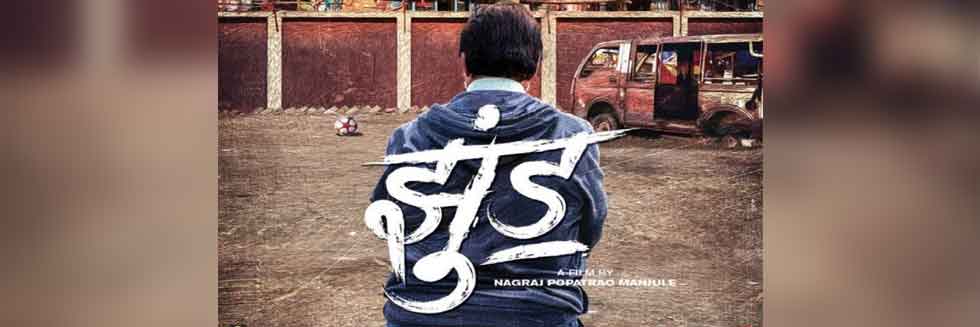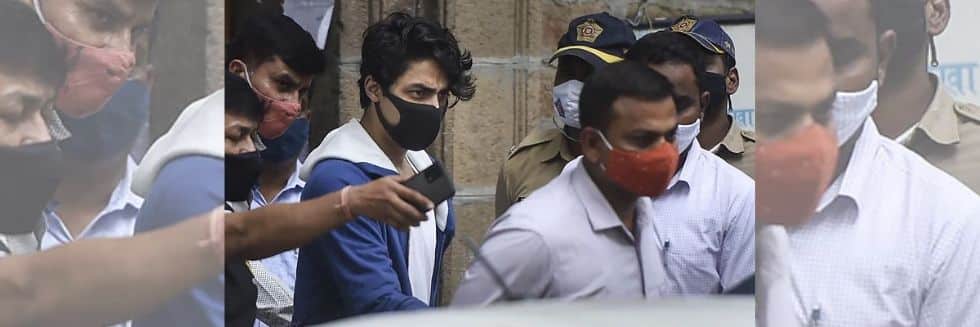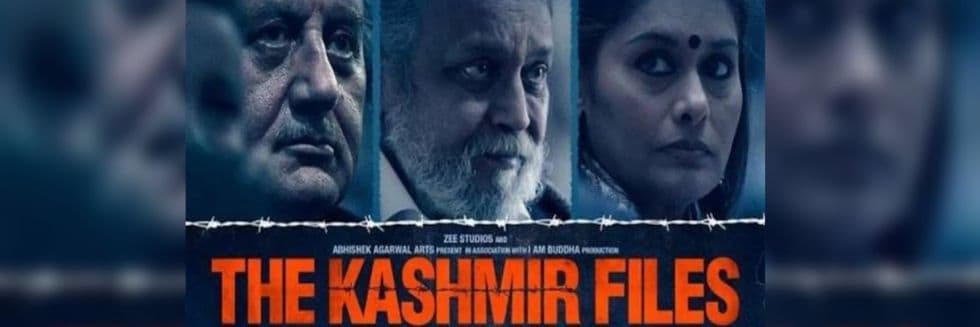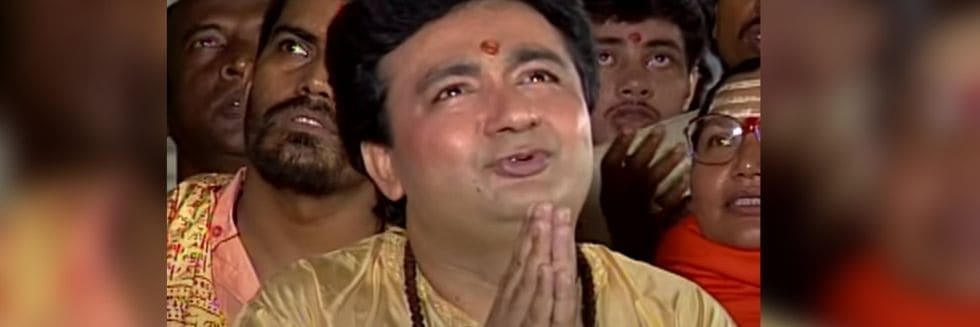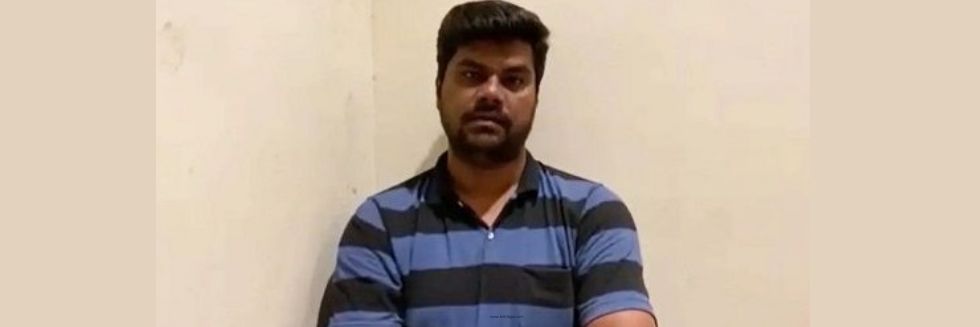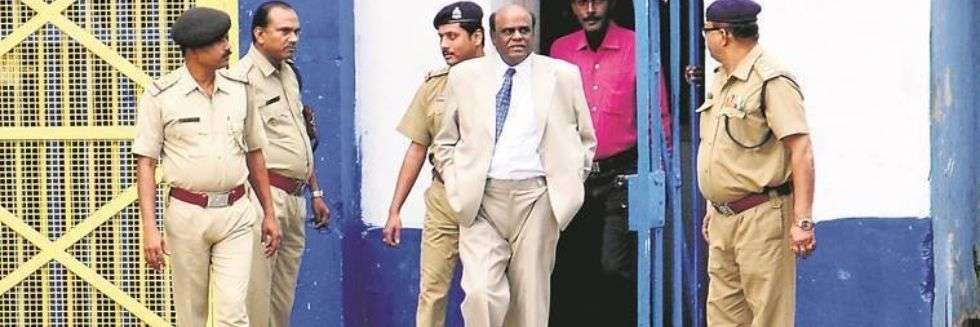On Wednesday, the Supreme Court refused to lift the stay imposed by the Civil Court as well as the Telangana High Court on the release of Amitabh Bachchan starrer ‘Jhund’.
A three-judge bench led by Chief Justice of India SA Bobde dismissed an appeal by the producer of the movie, Super Cassettes who challenged the 19th October order of the Telangana High Court restraining the release of movie in India and abroad.
The petitioner raised a question concerning the copyright law in India “Whether true life events of a real person which are already in public domain can be considered ‘property’ which can be bought and sold and whether the same will be entitled to copyright protection.”
The appellant, Super Cassettes Industries Private Limited (known as T-Series) claimed that the movie is based on the life of football coach, Vijay Barse who is portrayed in the film by Amitabh Bachchan.
Hence, it was submitted that the High Court was wrong to grant an injunction against the release of the film on the assumption that there is copyright infringement in the life story of one Akhilesh Paul, who was the captain of the Indian Slum Soccer team coached by Barse.
During the hearing on Wednesday, CJI Bobde proposed to Senior Advocate VR Dhond, appearing for the Petitioner, and Senior Advocate PS Narasimha, appearing for the Respondent that the suit be disposed of in 6 months by the Trial Court.
“We are asking the trial to be decided in 6 months. We can’t dispose it of before that, even if we grant you leave,” stated CJI Bobde. However, Advocate Dhond responded that the film would be “useless” by then and that he was willing to pay the person in question Rs. 1.3 crores.
“A settlement agreement of 1.3 crores was signed in the presence of the notary. Now they are not adhering to it. Please hear this matter on merits,” he said.
Nonetheless, the Court declined to hear the case on merits and went on to dismiss the same.
Background
The litigation was initiated by an independent filmmaker Nandi Chinni Kumar, who claimed that he had purchased the right to make a movie about the life of Akhilesh Paul.
As per sources, Paul had appeared on the popular television show Satyameva Jayate, hosted by Bollywood actor Aamir Khan. After watching the show, Nandi approached Paul to make his life story into a movie, and permission was granted for the same for a monetary consideration.
However, in April 2018, Nandi came to know that the life of Vijay Barse was being made into a movie by Super Cassettes. He then approached the civil court contending that the movie ‘Jhund’ will have substantial elements from the life of Paul, on whose life story Kumar owns the copyright.
Subsequently, on 17th September 2020, the trial court ruled in favor of Nandi and restrained Super Cassettes from exhibiting the movie till the conclusion of the case. The same was upheld by the Telangana High Court on 19th October. Thus, Super Cassettes approached the Supreme Court with an appeal against the above two orders while contending that ‘Jhund’ is not so much about Akhilesh Paul as it is about his coach, Vijay Barse. The appellant further submitted that the film does not deal with Paul, but with the tale of small-time criminals in slums who win a soccer tournament.
“Jhund is inspired by and revolves around the real story of a football coach, Vijay Barse who spotted a group of slum children playing football. Spotting talent and potential in them, Mr. Barse took them under his wing and coached them. The film is ‘coach-centric’. The players in the team including its captain are secondary or incidental,” the petition stated.
Super Cassettes also claimed that an agreement was signed between the appellant and respondent on October 21, 2020, for a consideration amount of Rs 1.3 crore, which was paid by the appellant to the respondents with a condition to withdrawn all pending litigation.
However, the respondents after agreeing to the arrangement, sought to wriggle out from the same, citing certain differences in the clause of the agreement.
The appellants, therefore, termed the litigation instituted by the respondents as a “blackmail litigation”, as failure to release the movie in November would cause damage to the appellants.
Moreover, it was also contended that real-life events of two persons might be inter-connected. Hence, a third person who purchases the true-life events of one person cannot prohibit others from making a film merely because the lives of the two persons in question converged at some point in time.
It was also the appellant’s case that historical facts, information, events, or stories and experiences of real persons ‘cannot be the subject matter of copyright law.’
The court, however, declined to interfere and dismissed the plea.
